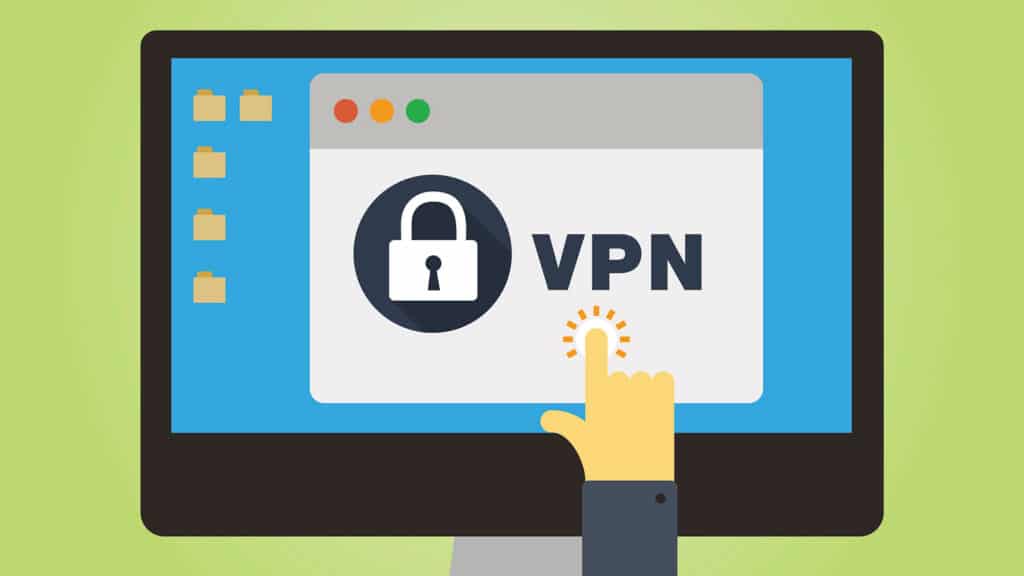VPNs are a great way to improve your online security and privacy, but with so many options available, it can be hard to know which one is right. In this blog post, we’ll break down the pros and cons of using free VPNs so that you can make an informed decision.
Contents
What is a VPN?
Before diving in, let’s understand what a VPN is. A VPN is a service that masks your internet connection private. Instead of directly connecting to the internet, your data first travels to a VPN server and then to your desired website or online service.
This process can:
- Hide your IP address, making it harder to track.
- Encrypt your data, protecting it from hackers and eavesdroppers.
- Bypass geographic restrictions, letting you access content unavailable in your region.
The Allure of Free VPNs
Why are they so popular?
Free things are always tempting. When you see a service that can protect your privacy at no cost, it’s easy to jump on board. After all:
- No upfront costs: You don’t have to part with your hard-earned money.
- Ease of use: Most free VPNs are user-friendly, making them a good choice for beginners.
The Downsides of Free VPNs
However, the old saying, “There’s no such thing as a free lunch,” often rings true. Free VPNs come with their own set of limitations and concerns.
Limited Features
- Data Caps: Many free VPNs impose data limits. Once you exceed this limit, you must either wait or upgrade to a paid plan.
- Speed Restrictions: Free users often don’t get the same speed as paid subscribers, leading to slower browsing and streaming experiences.
- Limited Server Choices: While paid VPNs offer a vast array of servers worldwide, free versions might restrict you to a few choices.
Privacy Concerns
The irony of using a VPN for privacy while potentially sacrificing your privacy is not lost on users. Some issues include:
- Data Logging: Some free VPNs may log your online activities. This defeats the purpose of using a VPN for privacy.
- Selling Data: There have been instances where free VPN providers were caught selling user data to third parties.
- Ads and Trackers: To support their free model, some VPNs might show you ads or use trackers, further infringing on your privacy.
Security Concerns
A VPN is supposed to enhance security. But free VPNs can sometimes compromise this:
- Weak Encryption: Not all free VPNs use top-notch encryption, making your data vulnerable.
- Malware: Some free VPNs have been found to contain malware, putting your device and data at risk.
Are There Any Good Free VPNs?
Yes, there are reputable free VPNs. They often come from organizations that prioritize user privacy and offer free versions alongside their premium ones. These free versions might have limitations, but they don’t compromise users’ security or privacy.
If you decide to go with a free VPN:
- Research: Always do your homework. Read reviews, check their privacy policy, and understand their business model.
- Limitations: Be prepared for some restrictions like data caps or speed limits.
Final Thoughts
While the allure of free VPNs is undeniable, it’s essential to weigh the pros and cons. If you’re serious about privacy and security, investing in some of the best premium VPN might be worth it. However, if you’re on a tight budget and need basic protection, a well-researched free VPN can serve the purpose.
In the digital age, where data is gold, always prioritize your online safety and privacy. Remember, when a service is free, you might be the product. Make informed choices, stay safe, and browse responsibly.

